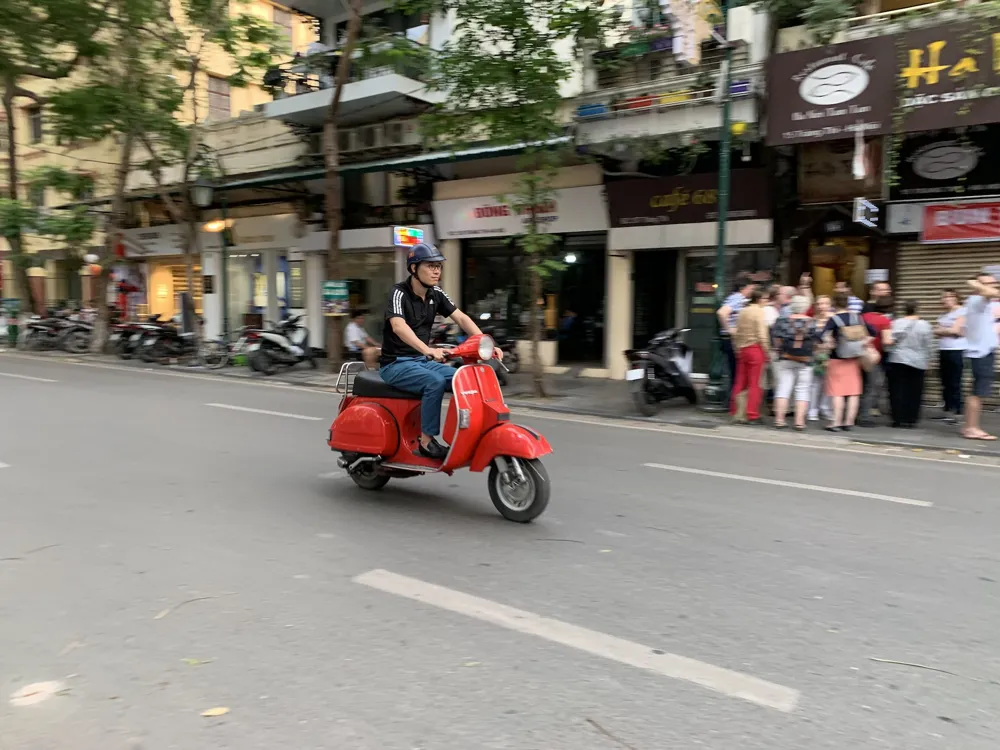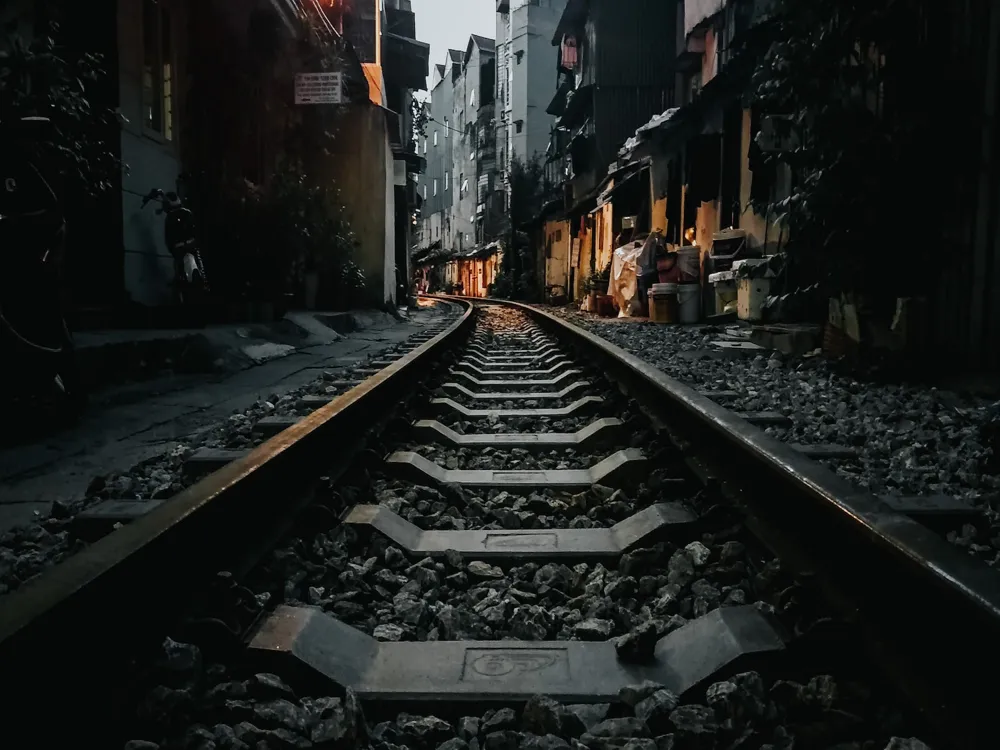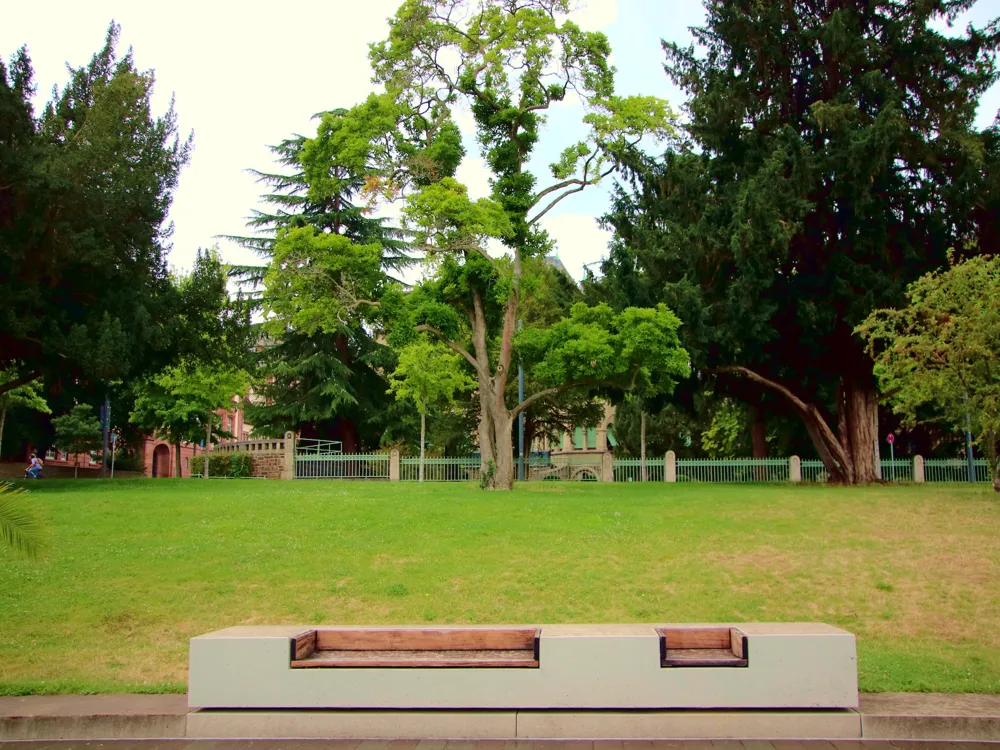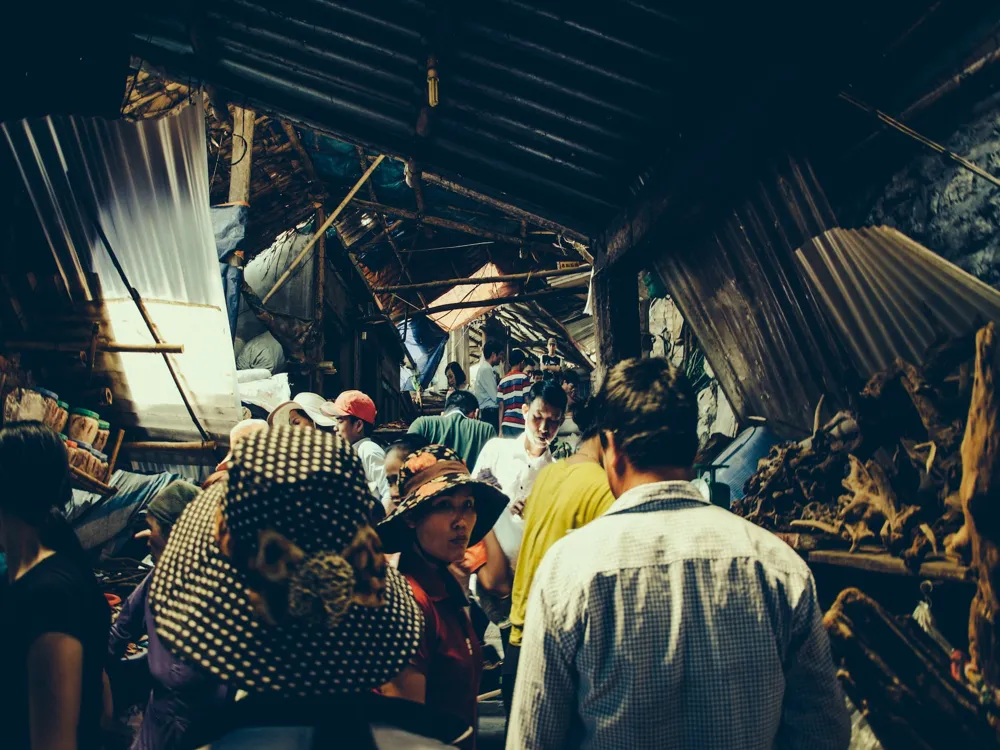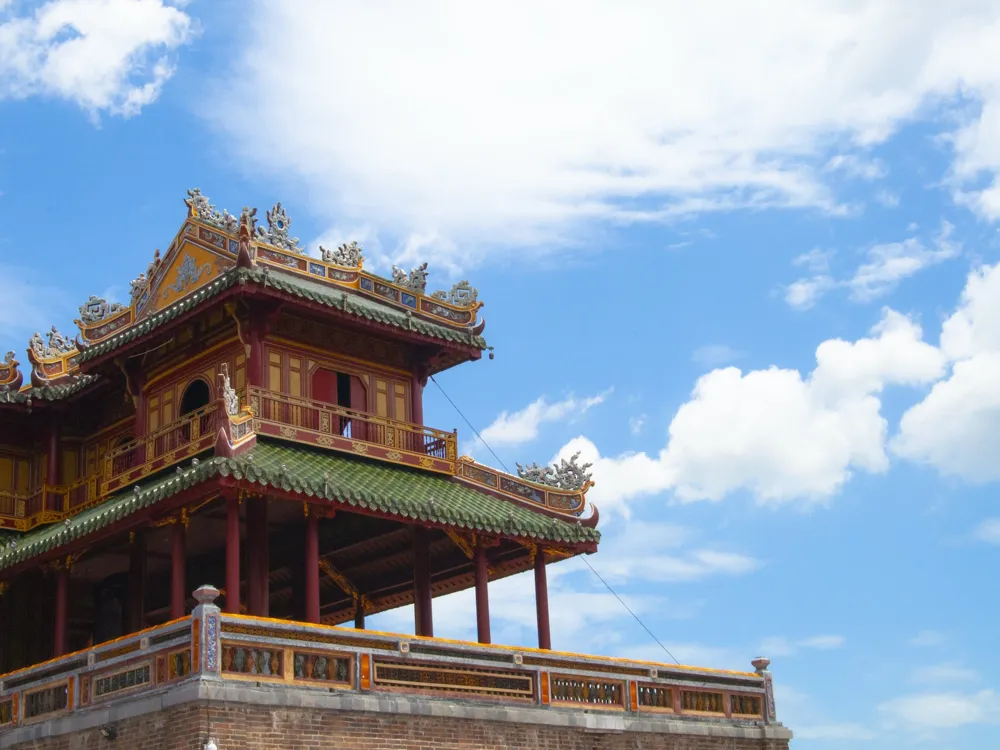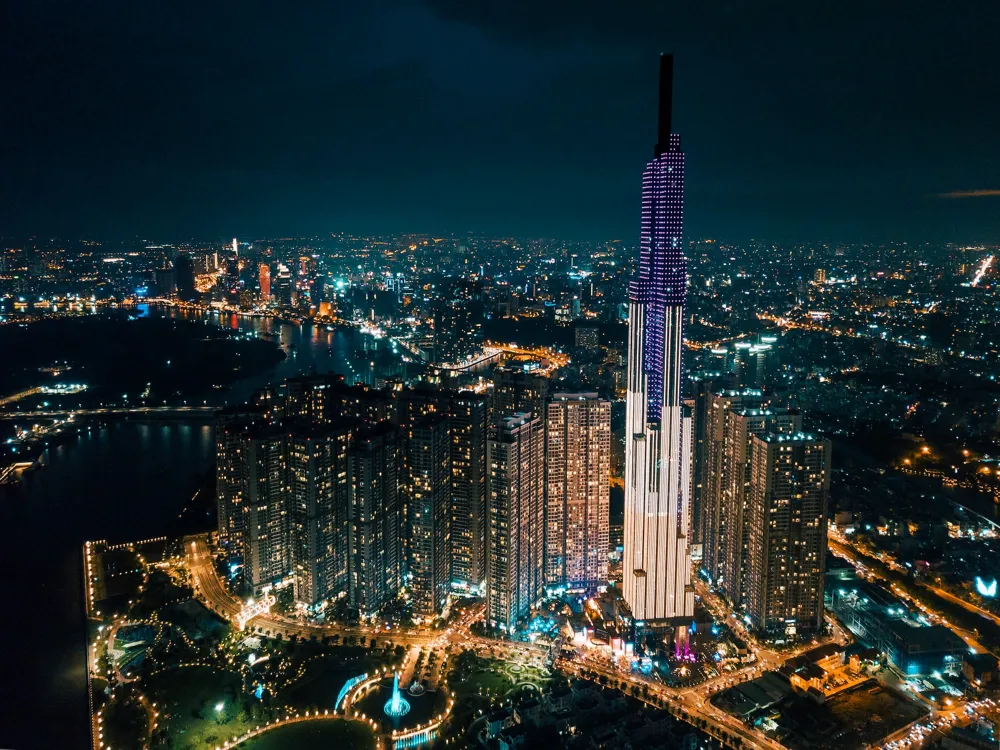The Vietnam Fine Arts Museum in Hanoi is a true emblem of cultural richness, representing the historical depths and artistic expressions of Vietnam. Established in the 1960s, this museum has become a sanctuary for art lovers and historians alike, showcasing an impressive collection of artwork spanning several centuries. From ancient sculptures, folk art, and ceramics to revolutionary and contemporary art, the museum offers a panoramic view of the country's artistic heritage.
The museum's collection is a fascinating blend of historical and contemporary pieces, providing insights into the diverse ethnic groups of Vietnam. It showcases traditional art forms such as lacquer and silk painting, which are integral to Vietnamese culture. The museum also houses significant works from the 20th century, including pieces that depict Vietnam's struggle for independence and the effects of war on its people. These artworks not only reflect the turbulent history of Vietnam but also demonstrate the resilience and creativity of its artists.
A visit to the Vietnam Fine Arts Museum is more than just an artistic journey; it is a deep dive into the soul of Vietnamese culture. Each gallery and exhibit tells a story, offering a unique perspective on the nation's history, beliefs, and traditions. Visitors can see the evolution of Vietnamese art, from ancient times to the modern era, and understand how historical events and cultural influences have shaped the country's artistic expressions.
Moreover, the museum actively engages in cultural exchanges and hosts various exhibitions and workshops, making it a dynamic hub for art education and appreciation. These events provide an excellent opportunity for visitors to interact with artists, learn about different art forms, and even try their hand at traditional Vietnamese art techniques.
The architecture of the Vietnam Fine Arts Museum is as captivating as the artworks it houses. The building itself is a harmonious blend of French colonial and traditional Vietnamese architectural elements, reflecting the country's historical influences. Originally constructed in the 1930s as a girls' school by the French, the building was later repurposed and expanded to become the museum we see today.
The exterior of the museum is a testament to French colonial architecture, characterized by its symmetrical layout, white façade, and green shutters. The elegance of French design is evident in the building's grand entrance, arched windows, and detailed cornices. This colonial charm is seamlessly integrated with traditional Vietnamese motifs and design principles, creating a unique architectural identity.
Inside, the museum is a labyrinth of galleries and exhibition spaces, each thoughtfully designed to enhance the viewing experience. The use of natural light is particularly noteworthy, as it creates a serene and contemplative atmosphere, allowing visitors to fully immerse themselves in the art. The interplay of indoor and outdoor spaces, with courtyards and gardens, further accentuates the blend of Western and Eastern architectural styles.
The thoughtful restoration and expansion of the museum in recent years have added modern amenities while preserving the building's historical essence. The new wings are designed to complement the original structure, using contemporary materials and design techniques to accommodate the growing collection and visitor numbers.
To make the most of your visit to the Vietnam Fine Arts Museum, it's recommended to plan ahead. Check the museum's opening hours and any special exhibitions or events that might be taking place during your visit. Allow yourself at least 2-3 hours to explore the museum thoroughly.
Consider taking a guided tour for a more insightful experience. The museum offers guided tours in various languages, providing in-depth information about the artworks and the history of Vietnamese art.
Photography is allowed in most areas of the museum, but be sure to check for any restrictions. Flash photography and tripods may not be permitted in certain galleries.
As a place of cultural significance, it's important to dress respectfully when visiting the museum. Comfortable, modest clothing is recommended. Also, maintain a quiet demeanor to respect other visitors' experiences.
The museum is equipped with facilities such as restrooms, a café, and a gift shop. Accessibility options for visitors with disabilities are available, including ramps and elevators.
The Vietnam Fine Arts Museum is conveniently located in the heart of Hanoi, making it easily accessible by various modes of transportation. For those staying in the city center, the museum is within walking distance from many hotels and landmarks. Public transport options include buses and taxis, which are readily available throughout the city. Visitors can also opt for ride-sharing services for a more convenient trip. Additionally, for those who prefer a more scenic route, renting a bicycle or a scooter is a great way to explore Hanoi and reach the museum.
Overview of Vietnam Fine Arts Museum in Hanoi
Architecture of Vietnam Fine Arts Museum
Tips When Visiting Vietnam Fine Arts Museum
Planning Your Visit
Guided Tours
Photography Policies
Dress Code and Etiquette
Facilities and Accessibility
How To Reach Vietnam Fine Arts Museum
Vietnam Fine Arts Museum
Hanoi
₹ 15,260 onwards
View hanoi Packages
Hanoi Travel Packages
View All Packages For Hanoi
Top Hotel Collections for Hanoi

Private Pool

Luxury Hotels

5-Star Hotels

Pet Friendly
Top Hotels Near Hanoi
Other Top Ranking Places In Hanoi
View All Places To Visit In hanoi
View hanoi Packages
Hanoi Travel Packages
View All Packages For Hanoi
Top Hotel Collections for Hanoi

Private Pool

Luxury Hotels

5-Star Hotels

Pet Friendly







